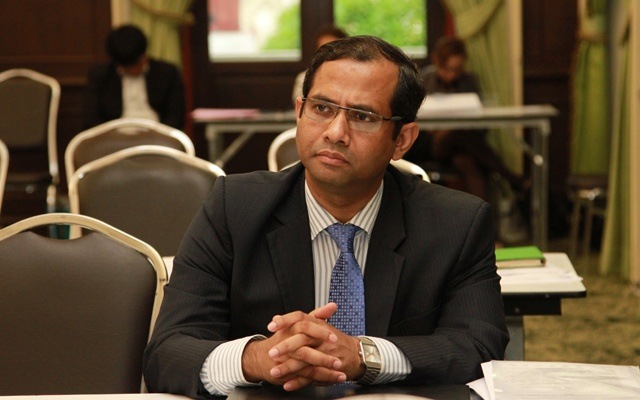Published in the bdnews24.com on 28, May 2017
The proposed BIMSTEC free trade agreement must provide additional benefits ‘beyond and above’ existing trade agreements in place among the member countries if it has to succeed, says Centre for Policy Dialogue (CPD) research director Khondaker Golam Moazzem.
“The BIMSTEC FTA must impact above and beyond the bilateral and other trade agreements among the countries,” said Moazzem while presenting a paper on ‘Trade and Connectivity in BIMSTEC Region’ at Bangkok’s Chulalongkorn University on Saturday.
“The important aspect is incremental benefits. Each of the countries has their own perspective on trade benefits. A BIMSTEC agreement must provide additional benefits to the member countries if it is to lead to greater trade and investment.”
Trade is often discussed as a win-win proposition, but the BIMSTEC FTA must ensure that all countries actually receive substantial benefits to ensure participation in and expansion of trade in the region, he added.
The researcher believes the region has the scope to develop. With a combined GDP o $2.7 trillion, and a consumer base of 1.5 billion, the region has significant potential for trade and investment, Moazzem said.
Bilateral and multilateral trade agreements are also in place among several of the BIMSTEC countries, he pointed out.
But intra-BIMSTEC trade makes up for less than 5 percent of trade among the countries in the region, with exports making up approximately 4 percent and imports constituting approximately 3 percent, he said.
“Member countries are not importing from other BIMSTEC countries,” the CPD researcher said.
Moazzem pointed out that existing networks of trade make many products more affordable when imported from outside BIMSTEC.
The major issue is a lack of connectivity and infrastructure, he argued.
“I consider connectivity even more important than a free trade agreement to facilitate trade in the BIMSTEC.”
Shorter, cheaper and smoother trade routes for all countries, ensuring equal access and opportunity for all member countries, development of multi-modal connectivity and the facilitation of extra-regional trade are essential for trade development, he said.
These issues are known and work is being done to address them, said Moazzem.
He pointed to the road, rail, waterway, airway and land port connectivity efforts undertaken by the BIMSTEC Transport Infrastructure and Logistics Study and the proposed BIMSTEC Motor Vehicle Agreement as examples.
Moazzem also recommends harmonising and reducing the varied applied trade tariffs and rules between categories of products that exist due to the current network of trade agreements.
If these obstacles are overcome it is possible for a ‘vibrant regional value chain can emerge in this region’, he said.
The discussion of the paper was chaired and discussed by ASEAN-India Centre Coordinator and Research and Information System for Developing Countries (RIS) Prof Prabir De.
 CPD RMG Study Stitching a better future for Bangladesh
CPD RMG Study Stitching a better future for Bangladesh




